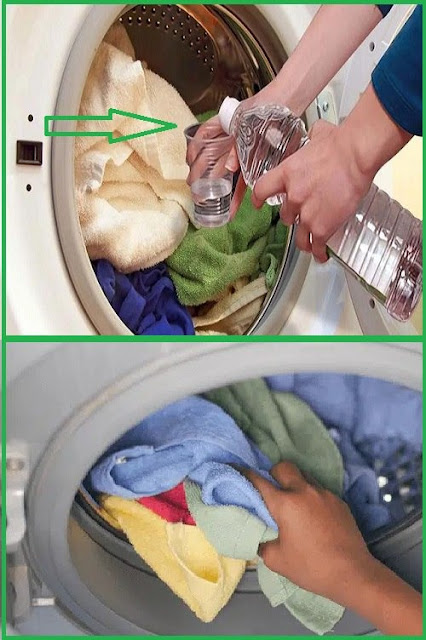Limescale in water can cause clothes to become stiff, but white vinegar is a natural descaler that helps fight this problem. Unlike store-bought fabric softeners, the 250 ml of vinegar added to the rinse cycle will soften clothes without reducing absorbency. Towels benefit greatly from this.
Enlivening Snow Whites
For Ingredients And Complete Cooking Instructions Please Head On keep on Reading (>)
irt in the water or detergent residues can cause white clothes to lose their luster with time. To restore the luster of your whites, add 250–350 ml of white vinegar to your wash cycle on a regular basis. Soaking older garments in a mixture of 500 ml vinegar and 1.5 liters of water for an overnight period prior to washing can yield more noticeable outcomes.
Removing Stains
To get rid of soap residue and yellow stains, use vinegar. For really tenacious stains, soak the stained clothing in a solution of 1.5 liters of water and 500 milliliters of vinegar for at least half an hour, or perhaps overnight. Apply vinegar immediately to the stained area and dab it off before washing.
Purifying and Eliminating Odors
Vinegar is great for disinfecting clothes, removing smells, and is great for cleaning long-stored linens, kitchen towels, and sportswear. Use the disinfecting capabilities of vinegar to remove bacteria by adding 250–500 ml to your wash cycle. This will freshen and clean your garments.
To sum up, white vinegar is an inexpensive and environmentally friendly laundry additive that improves the quality and durability of your garments without breaking the bank.

